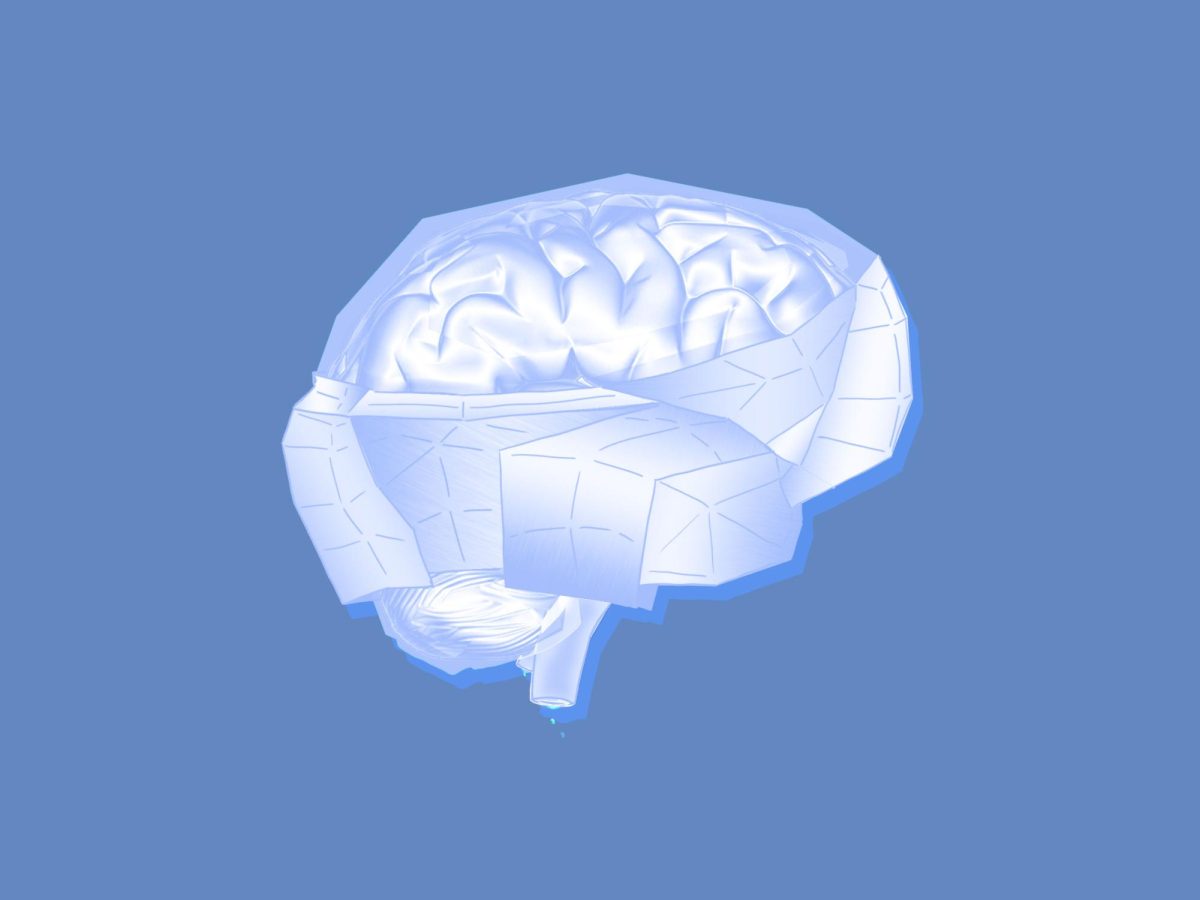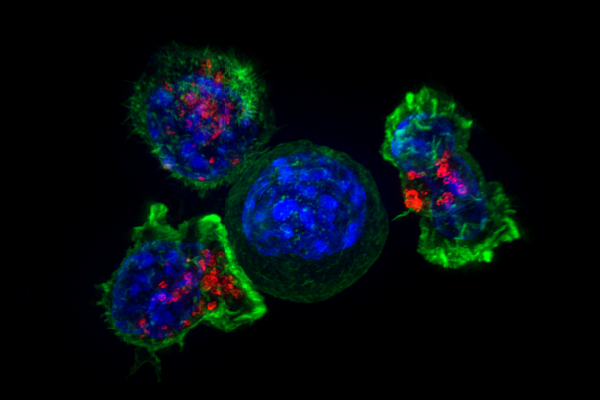In a recent study, scientists discovered a link between autism and evolution.
The study showed that layer 2/3 of intratelencephalic excitatory neurons, also known as the outer layers of human brain cells, change more quickly than in non-human primates.
Although the reason is unclear, research suggests that this development in humans is related to critical thinking and learning or language capacity.
L2/3 IT neurons are crucial for cortical processing. They form connections across different parts of the cortex, playing a key role in supporting cognitive functions such as language, abstract reasoning and other complex cognition.
The study combined single-celled RNA sequencing datasets from humans and non-human primates to examine how L2/3 IT neurons influence different brain regions. Specifically, it focused on how gene expression varies between species.
The study revealed that human-accelerated regions are sections of the genome that have been sequenced by natural selection in other mammals and have evolved rapidly in humans. It was also found that individuals with autism and schizophrenia have an excess of genetic variants.
Scientists tested collections of genes that are associated with autism and discovered that L2/3 IT neurons are expressed at lower levels compared to chimpanzees. This occurred due to positive natural selection acting on genes through changes in gene regulatory regions.
The rapid evolution of autism-linked genes may have provided a fitness advantage by slowing down postnatal brain development or creating space for language capacity.
The additional time during early childhood for brain development was beneficial to human evolution because it led to more complex thinking.
Autism is often stigmatized and misunderstood.
According to a Science Daily press release, about 3.2% of children in the U.S. have autism spectrum disorder.
Research that supports the idea of autism developing humans’ complex thinking skills humanizes the disorder and shows that humans have evolved in various ways to support growth and survival.
Ultimately, research suggests that autism and schizophrenia are beneficial to humans because both stimulate complex thinking and enhance language capacity, making humans more neurodiverse.
Despite these discoveries, more research must be done to look at why these traits occur in individuals with these disorders and understand why fitness is reduced.








